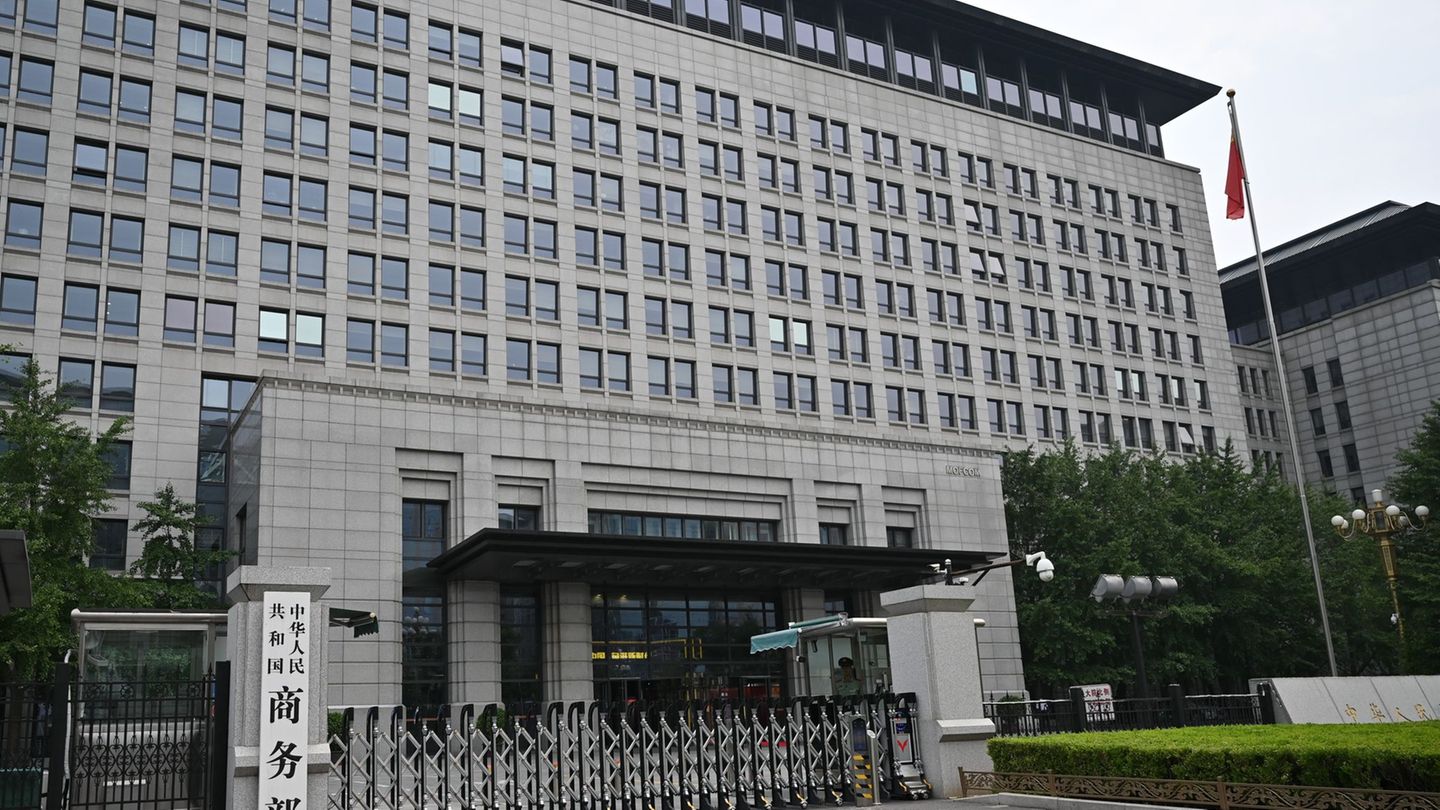Before the job on the train or on the street: for hundreds of thousands of people from the eastern federal states, their career opportunities still lie in the west. Their numbers are growing.
More than three decades after German reunification, the number of commuters from East to West is growing. Last year, almost 447,000 people had their primary residence in the eastern federal states and worked in the west, around 50,000 more than ten years ago. This emerges from figures from the Federal Employment Agency, which were queried by the left-wing Bundestag member Jan Korte. The number has also increased significantly in the opposite direction: from almost 118,000 in 2013 to around 235,000 ten years later.
“The number of east-west commuters has climbed to a new record,” said Korte, and concluded: “More and more people are being forced to make long, long journeys to get to work.” This means that the promises of blooming landscapes in the east turned out to be a joke, said the left-wing MP with a constituency in Saxony-Anhalt.
In fact, studies show that overall more working people are commuting. The Federal Institute for Building, Urban and Spatial Research gave the number as of June 30, 2022 as 20.3 million employees subject to social security contributions and the proportion of commuters as 60 percent. 7.1 million drove more than 30 kilometers, 3.9 million even drove more than 50 kilometers – but not necessarily every day in times of home office. The experts said at the time that more flexible working made smaller cities more attractive places to live.
Left-wing politician Korte, however, pointed to the negative consequences of commuting: “The numbers show that we are moving further away from a necessary mobility transition rather than getting closer to it.” The commuter allowance system is unfair because it favors higher earners. “Instead of the commuter allowance, we need an income-independent mobility allowance, which is a fixed amount per kilometer to work that is the same for all commuters,” demanded Korte.
At the same time, there is a need for a massive expansion of local public transport in the area and structural support in the east, “so that we can reduce commuter traffic and move away from cars and towards buses, trains and bicycles,” said the Bundestag member.
Source: Stern




